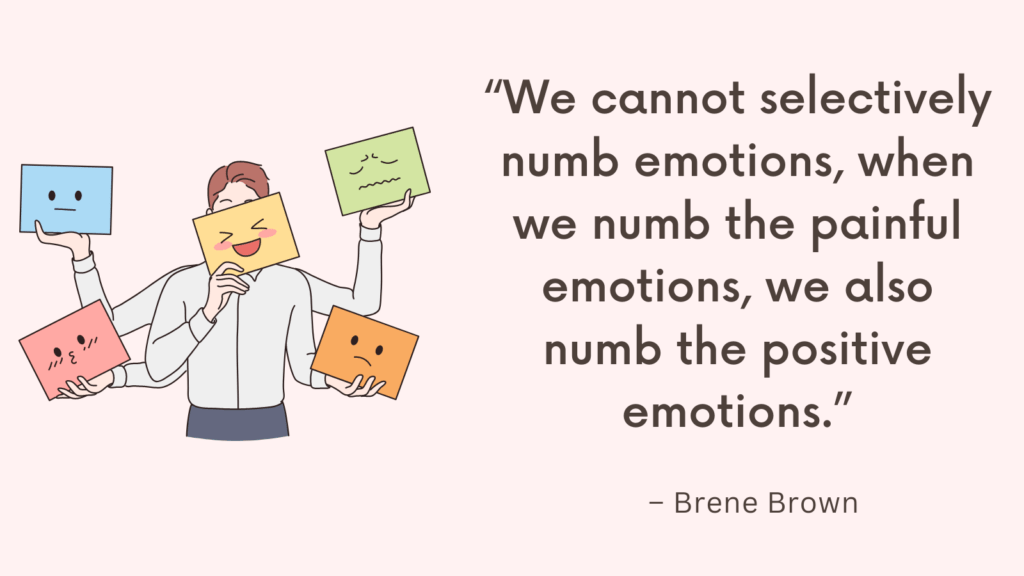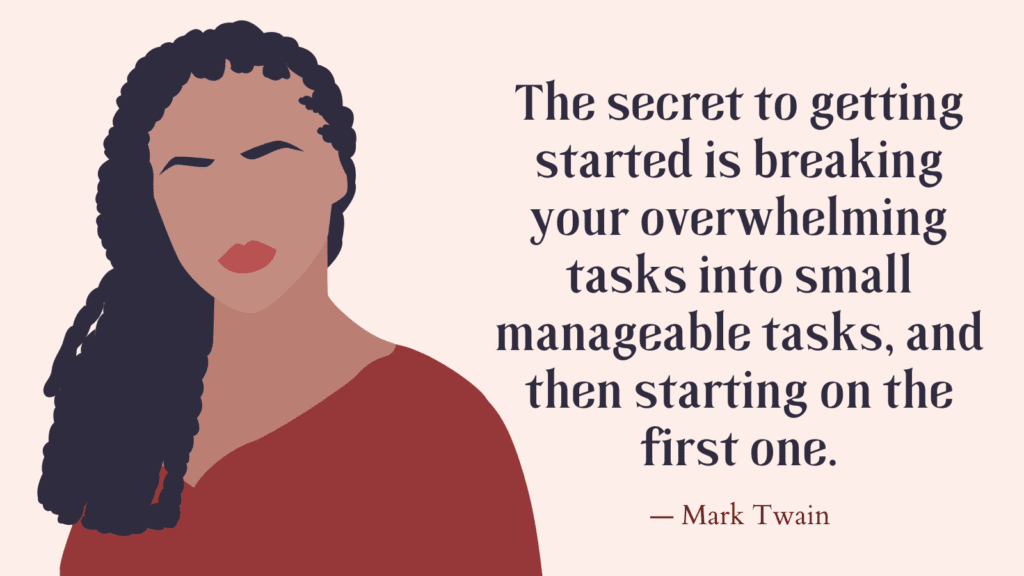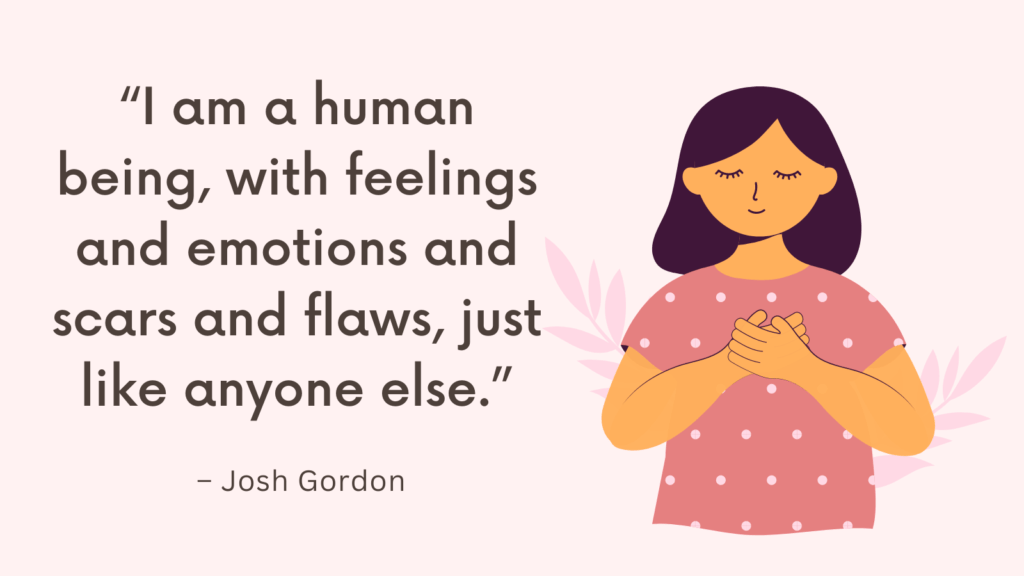This post contains Rejection Sensitive Dysphoria test.
Rejection Sensitive Dysphoria
Rejection Sensitive Dysphoria (RSD) is a term used to describe an intense emotional response to the perceived possibility or experience of rejection, criticism, or failure.
It is a concept that has gained attention within certain communities and is often associated with conditions such as Attention-Deficit/Hyperactivity Disorder (ADHD).
The term “Rejection Sensitive Dysphoria” was coined by Dr. William Dodson, an ADHD specialist, to describe this emotional response observed in some individuals with ADHD.
It is important to note that RSD can occur independently of ADHD as well.
The term “Rejection Sensitive Dysphoria” itself is not listed as a recognized disorder in the DSM-5. Therefore it has no set of empirically quantifiable criteria for an official diagnosis.
Individuals with Rejection Sensitive Dysphoria may show symptoms such as heightened sensitivity to rejection, hypersensitivity to criticism, intense self-doubt, fear of failure, and extreme emotional reactions to these perceived events.
When faced with situations or even the anticipation of potential rejection or disapproval, individuals with Rejection Sensitive Dysphoria may experience significant distress, anxiety, sadness, or even dysphoria – a state of profound unease or dissatisfaction.
Related: How To Manage Time With ADHD? Best 17 Time Management Tips For ADHD Adults
Rejection Sensitive Dysphoria Test
Results
#1. Do you frequently worry about being rejected or criticized by others, even in situations where there is no clear indication of disapproval?
#2. Do you find yourself becoming highly anxious or upset when you perceive that someone is unhappy with you or might reject you?
#3. Have you noticed that the fear of rejection or criticism influences your behavior, leading you to avoid certain situations or people?
#4. Do you tend to overanalyze interactions and conversations, often assuming that others are negatively judging you?
#5. Are you excessively self-critical, feeling inadequate and constantly seeking validation from others?
#6. Do you frequently feel a profound sense of sadness, emotional pain, or dysphoria when you believe you have been rejected or criticized?
We will not sell your information. All results are kept confidential.
This quiz is for informational purposes only. It is not meant as a diagnostic or assessment tool.
Results
The questions above represent common signs of Rejection Sensitive Dysphoria. If you answered yes to most of these questions, then Rejection Sensitive Dysphoria may be a problem for you.
While Rejection Sensitive Dysphoria is not recognized as a distinct disorder in diagnostic manuals, its symptoms can be significant and impactful for those who experience it.
If you believe you may be experiencing Rejection Sensitive Dysphoria or related symptoms, it is advisable to consult with a mental health professional who can provide a comprehensive evaluation and offer appropriate support and treatment options based on your individual needs.
Related: ADHD Burnout Cycle: top 9 Strategies to Prevent It
How to Cope with Rejection Sensitive Dysphoria?
The following strategies may be helpful when dealing with Rejection Sensitive Dysphoria:
1. Education
Understanding RSD and its impact on emotional well-being is crucial for developing effective coping mechanisms.
Start by gathering information about RSD from reliable sources such as medical professionals, books, or support groups.
Learning about the experiences of others who have RSD can provide valuable insights and help you realize that you are not alone.
Additionally, familiarize yourself with common triggers and symptoms of RSD, including intense feelings of rejection, irritability, and emotional sensitivity.
Education can also empower you to communicate your needs effectively.
Related: Is It ROCD Or Am I Not In Love? Top 4 Powerful Ways to Overcome Relationship Anxiety And ROCD
2. Build a support network
It is important to surround yourself with understanding and empathetic individuals who can provide emotional support during difficult times.
Friends, family members, or support groups can offer a safe space where you can openly discuss your feelings, experiences, and fears without judgment.
Your support network can also help you gain perspective, validate your emotions, and provide encouragement when you face rejection triggers.
For example, sharing your experience with RSD with a close friend can help them understand your reactions better, allowing them to provide appropriate support when needed.
Additionally, participating in support groups with individuals who have similar experiences can create feelings of belonging and help you learn from others who have found effective coping strategies.
Related: Am I Lonely Quiz (+ Top 5 Tips To Overcome Loneliness)
3. Practice self-compassion
Self-compassion involves treating yourself with kindness, understanding, and acceptance during times of rejection or criticism. Instead of beating yourself up over perceived failures or inadequacies, try to approach yourself with gentleness and patience.
One way to practice self-compassion is by reminding yourself that everyone experiences rejection at some point in their lives.
Recognize that your feelings are valid and that it’s okay to feel hurt or disappointed.
Give yourself permission to process these emotions without judgment.
Additionally, it can be helpful to challenge negative self-talk and replace it with compassionate affirmations.
For instance, instead of telling yourself, “I’m worthless because I made a mistake,” try reframing it as, “Everyone makes mistakes sometimes, and it doesn’t define my worth as a person.”
Related: How To Be Gentle With Yourself? Top 5 Ways To Practice Self-Compassion
4. Challenge negative thoughts
When faced with rejection or perceived criticism, individuals with RSD often experience intense emotional reactions that can be overwhelming.
However, it’s important to remember that these reactions may not accurately reflect reality.
One helpful strategy is to examine and challenge the thoughts that arise during these moments.
Ask yourself if there is evidence to support these thoughts or if they are based on assumptions or past experiences.
For example, if someone cancels plans with you, your immediate thought might be “They don’t like me” or “I’m not interesting enough.”
Challenge this thought by considering other possible explanations, such as the person being busy or something unexpected coming up.
By questioning negative thoughts, you can gain a more balanced perspective and reduce the intensity of the emotional reaction associated with rejection sensitive dysphoria.
Related: Negative Core Beliefs List (& 8 Tips On How To Challenge Them)
5. Communication skills
One important aspect of enhancing communication skills is active listening. Truly hearing and understanding what others are saying allows for improved empathy and prevents misinterpretation that could trigger RSD.
Paraphrasing or summarizing what someone has said demonstrates your attention and ensures that both parties are on the same page.
For instance, if a friend expresses concern about your behavior, calmly reiterating their thoughts and asking clarifying questions can help defuse any potential RSD response.
Another useful skill is assertive communication. Expressing thoughts, feelings, and needs clearly and respectfully is key to avoiding misunderstandings and unnecessary conflict.
It is vital to remember that everyone has different perspectives and experiences, and assertiveness allows for authentic self-expression while showing consideration for others.
For instance, if you are dealing with RSD and need additional support from a supervisor at work, calmly and confidently discussing your needs and explaining how it would benefit both you and the company can result in a positive outcome.
Related: Top 5 Tips On How To Be Assertive Without Being Rude
6. Mindfulness and relaxation techniques
Mindfulness is about being present in the moment, accepting and acknowledging your emotions without judgment.
When you encounter situations that trigger RSD, try to focus on your breathing and ground yourself in the present.
By practicing mindfulness, you allow yourself to observe your thoughts and emotions without becoming overwhelmed by them.
Relaxation techniques, such as deep breathing or progressive muscle relaxation, can also help manage the physical and emotional symptoms of RSD.
Taking slow, deep breaths can help calm the nervous system and reduce anxiety. Close your eyes, inhale deeply through the nose, hold for a few seconds, and then exhale slowly through the mouth. Repeat this several times until you feel more relaxed.
Related: Best 6 Mindfulness Exercises For Beginners (+FREE Resources)
7. Seek therapy
A trained therapist can provide the necessary support, guidance, and coping strategies to help individuals navigate their emotional experiences.
Through therapy, individuals can explore the root causes of their rejection sensitivity, identify triggers, and develop healthy coping mechanisms.
Additionally, therapists can help individuals build self-esteem, self-compassion, and resilience, enabling them to better handle instances of rejection and reduce the impact of dysphoria.
With the support of a therapist, individuals can learn to reframe negative thoughts, challenge irrational beliefs, and develop a more balanced perspective on rejection.
Remember, these strategies are general suggestions and might not be suitable for everyone. It’s crucial to consult with a qualified mental health professional who can provide personalized support and guidance tailored to your specific situation.
Related: Healing Isn’t Linear: What Does It Mean?
FREE Rejection Sensitive Dysphoria Worksheets PDF
Conclusion
Rejection Sensitive Dysphoria refers to an intense sensitivity to perceived or actual rejection, which can result in emotional distress and negative self-perception.
Coping with RSD takes time and practice, so be patient and gentle with yourself throughout the process.







